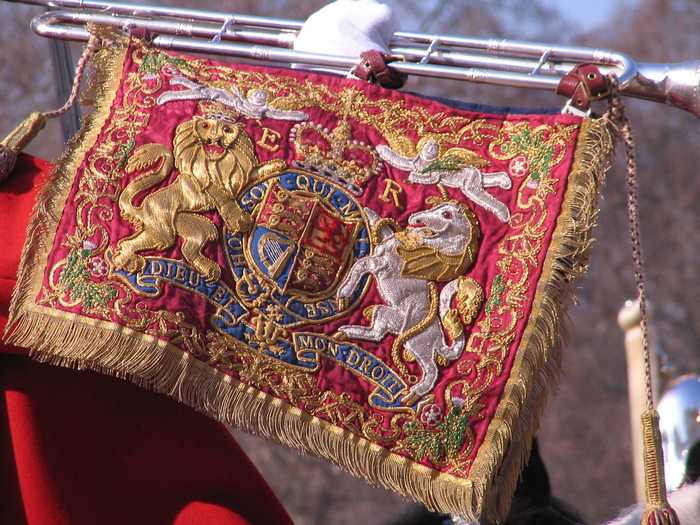« The Chimney Sweeper » is the title of two poems by William Blake. « Songs of innocence » was published in 1789 and « Songs of Experience » in 1794.
Its theme is a period around the end of the 18th century and the beginning of the 19th century during which boys from 4 to 5 years old were sold to clean chimneys because of their small smize. These children were oppressed and had shortened existence but it used to be accepted troughout the society.
In his poems Blake denounces the horror of such working and living conditions which often lead to death.
When my mother died I was very young,
And my father sold me while yet my tongue
Could scarcely cry » ‘weep! ‘weep! ‘weep! ‘weep! »
So your chimneys I sweep & in soot I sleep.
There’s little Tom Dacre, who cried when his head
That curled like a lamb’s back, was shaved, so I said,
« Hush, Tom! never mind it, for when your head’s bare,
You know that the soot cannot spoil your white hair. »
And so he was quiet, & that very night,
As Tom was a-sleeping he had such a sight!
That thousands of sweepers, Dick, Joe, Ned, & Jack,
Were all of them locked up in coffins of black;
And by came an Angel who had a bright key,
And he opened the coffins & set them all free;
Then down a green plain, leaping, laughing they run,
And wash in a river and shine in the Sun.
Then naked & white, all their bags left behind,
They rise upon clouds, and sport in the wind.
And the Angel told Tom, if he’d be a good boy,
He’d have God for his father & never want joy.
And so Tom awoke; and we rose in the dark
And got with our bags & our brushes to work.
Though the morning was cold, Tom was happy & warm;
So if all do their duty, they need not fear harm.
« Songs of innocence », 1789
In this first poem, especially in the three last stanzas the atmosphere is one surrounded by pleasant visions. (« green plain », « Shine in the Sun », « They rise upon clouds » … etc) despite the atual seriousness of the situation the kids found themselves into. Although it becomes understandable if you make the hypothesis that in this poem the narrator is a child whose naivety makes him believe there is hope. This guess seems even more obvious when you look carefully at the two first stanzas in which the way of expression is the one of a child.
A little black thing among the snow,
Crying « weep! ‘weep! » in notes of woe!
« Where are thy father and mother? say? »
« They are both gone up to the church to pray.
Because I was happy upon the heath,
And smil’d among the winter’s snow,
They clothed me in the clothes of death,
And taught me to sing the notes of woe.
And because I am happy and dance and sing,
They think they have done me no injury,
And are gone to praise God and his Priest and King,
Who make up a heaven of our misery. »
« Songs of experience », 1794
However in this second poem, the tone is very different. Now the narrator is an adult who has understood the hopelessness of the situation and thinks about his parents and their attitude towards the situation. According to him, they think they didn’t hurt him because he seems to be alright but for him what they did lead him to certain death (« They clothes me in the clothes of death ») which might be the only path to escape. (« God and his priest and king, Who make up a heaven of our misery »).
